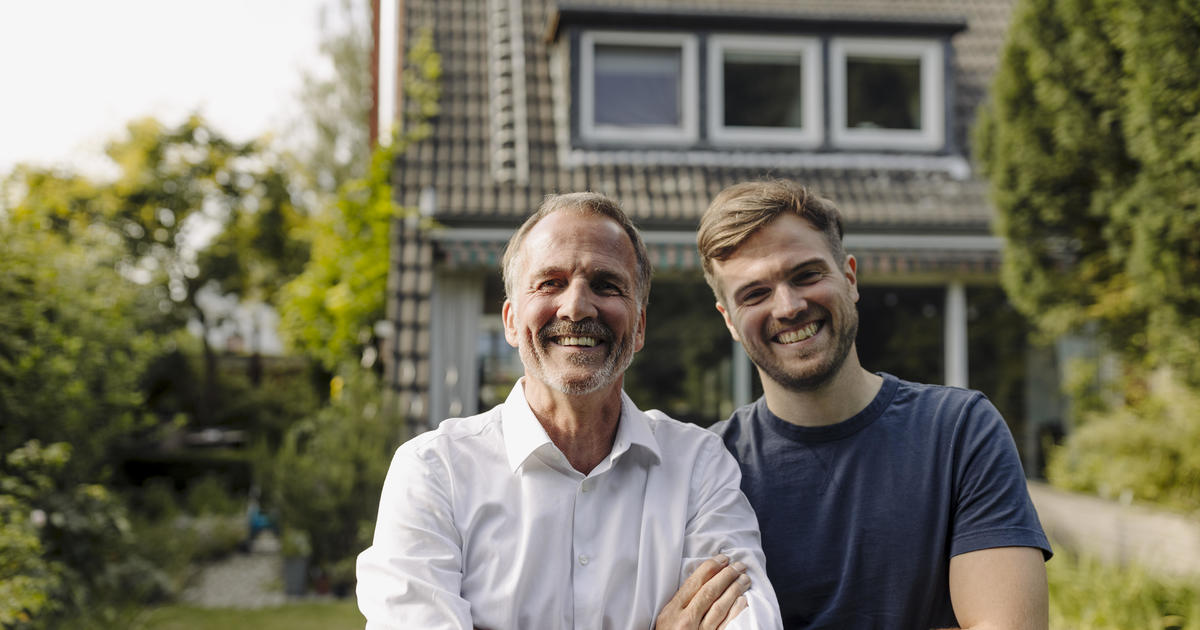Young adults in the U.S. are experiencing a very different trajectory than their parents, with more of them hitting key milestones later in life and also taking on more debt, according to a new report from the Pew Research Center.
A majority of young adults say they remain financially dependent on their parents to some extent, such as receiving help paying for everything from rent to their mobile phone bills. Only about 45% of 18- to 34-year-olds described themselves as completely financially independent from their parents, the study found.
Not surprisingly, the younger members of the group, those 18 to 24, are the most likely to rely on their folks for financial support, with more than half relying on their parents to help take care of basic household expenses. But a significant share of 30- to 34-year-olds also need assistance, with almost 1 in 5 saying their parents provide aid for their household bills.
More broadly, the survey offers a portrait of a generation that’s struggling with debt in a way that their parents did not, with more of them shouldering student loans and, for those who own a home, larger mortgages than their parents had at their age. But the analysis also showed that young adults expressed optimism about their futures, with 3 in 4 who are currently financially dependent on their parents saying they believe they’ll eventually reach independence.



Except those models are the best we have and are the result of long term research. Unless there’s new data that says otherwise its stupid to use anything else.
Considering how health care system is already wrecked, bloated, and filled with wasteful spending it’d be smarter to fix that instead of cutting food programs because you think poor ppl are just lazy slobs
Unless you’re a professional data scientist you’re research doesn’t amount to shit. Especially since you don’t seem to factor in outside stimuli that creates shitty eating habits like affordability, adjacency to stores that sell healthy food, and the fact most of our food is filled with sugar for no damn reason.
I know all about stimuli that creates shitty eating habits. Source(anecdotally, sure): I was once 375lbs. I choose soylent as my primary nutrition because of how hard it is to eat healthily, cheaply, otherwise. I think others could benefit from an internal shift in perspective about what food is, and what food should be. When you discipline yourself to separate food into categories of fuel and pleasure, it’s a lot simpler to find a sustainable balance. I still eat other things when I go out with friends or my wife but otherwise, we both mostly fuel ourselves with flavorless goup and are the healthiest we’ve ever been for it. Mentally, Physically, Emotionally, everything. At first it sucks to see ads for taco bell and whatever but by the time you’ve lost 150lbs and you feel the difference in your body, it’s just not worth it. I’m not suggesting this lifestyle to anyone with reasonable portion control and health, I’m suggesting this lifestyle to anyone who chooses to pay too much to eat too much and could benefit from a change.